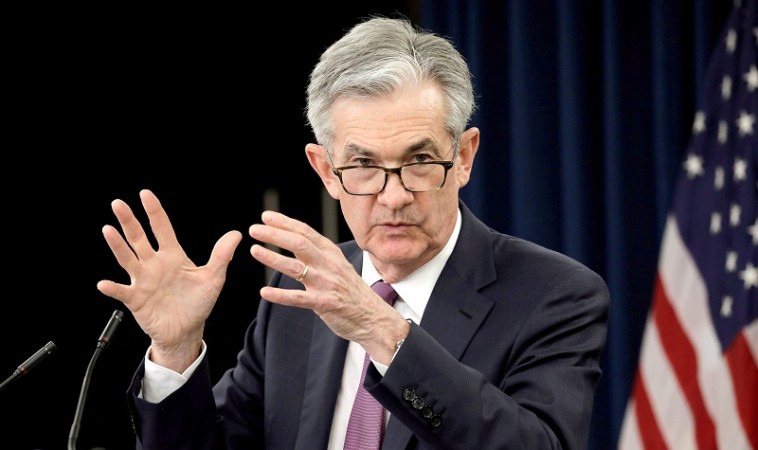
WASHINGTON: The US Federal Reserve (USFD) is generally expected to begin hiking interest rates from near zero this week, despite skyrocketing inflation, which has reached its highest level in four decades.
According to the Labor Department, the consumer price index (CPI) increased 7.9% from a year ago, the biggest 12-month increase since the period ending January 1982. Fed Chair Jerome Powell stated at a congressional hearing earlier this month that he was leaning toward supporting a 25-basis-point rate hike at the March policy meeting, the first since the Covid-19 outbreak began.
Powell underlined that the Federal Reserve was on track to begin a series of rate hikes this year before the Ukraine conflict. He said it was too early to say whether the continued conflict, as well as responses from countries across the world, including sanctions, had changed that expectation, but for the time being, the Fed will proceed cautiously with that strategy. The Fed is projected to be "demonstrably more hawkish" than it was just a few months ago, according to Diane Swonk, chief economist at big accounting firm Grant Thornton.
"The statement released after the FOMC (Federal Open Market Committee) meeting is expected to emphasise the need for a series of rate hikes while closely monitoring financial market conditions," Swonk said in a blog last week. "Powell will be juggling the need to hike rates and rein in a more systemic rise in inflation with the need to avoid a credit market catastrophe," she added.
WPI inflation climbs to 13.11 pc in February
EU states face record inflation as sanctions against Russia take effect
A surge in commodity prices could push CAD to 2.8pc GDP in Q3